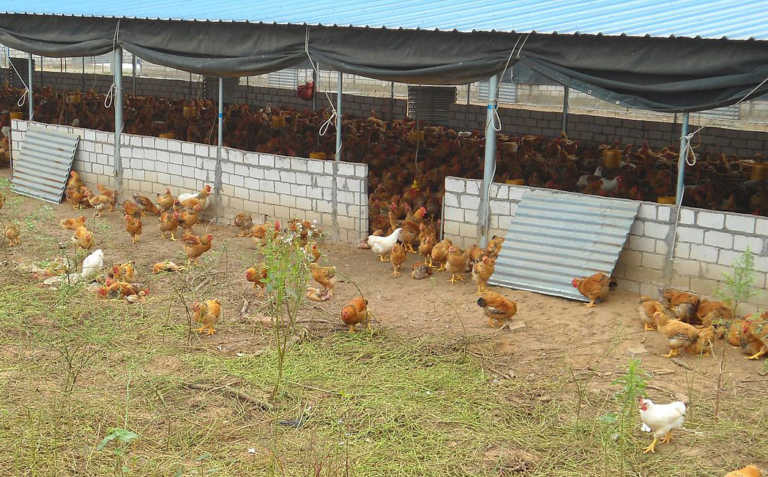
Speaking to Farmer’s Weekly, Dr Charlotte Nkuna, executive at the South African Poultry Association (SAPA), said that upon discovery, South African exports had ceased immediately.
She added that all birds produced and exported 21 days prior to the date of discovery had to be returned to the country, and would most likely be destroyed.
“After it leaves our borders, the sanitary requirements cannot be guaranteed. Farmers carry the costs, as most of them do not have livestock insurance as it is expensive,” Nkuna said.
Poultry producers were advised to report any higher than average mortalities in their flocks, as well as any higher than average water bird mortalities.
“Producers need to chlorinate and filter water from [the] open water sources on their farms used to water their poultry, as [this] could have been contaminated with avian influenza [through] wild birds,” Nkuna said.
The highly pathogenic H5N8 strain originated in Europe and has been infecting European poultry for more than a year. In May, it was isolated in Zimbabwe. The disease is spread primarily through water migratory birds that carry the disease in a highly pathogenic form.
The disease is spread primarily through water migratory birds that carry the disease in a highly pathogenic form.
The affected farm is situated near the Vaal River. According to a statement released by SAPA, it was likely that the disease was also present in other parts of South Africa, due to its transmission by water birds.
The farm has been isolated and the culling of birds has commenced, with some 28 000 birds to be culled. The Veterinary Authority is on the farm, assisting with quarantine implementation,
The Veterinary Authority is on the farm, assisting with quarantine implementation, culling and the disinfection of the farm, the SAPA statement said.
H5N8 is not dangerous to humans, and the birds affected comprise a very small percentage of the total South African chicken flock.
This was the first time that the disease had been found in South African poultry, the statement said.
Nkuna also added that, SAPA was not going to institute a voluntary ban on exports.
“We [SAPA] will wait for the neighbouring countries to decide what they want to do,” Nkuna said.










